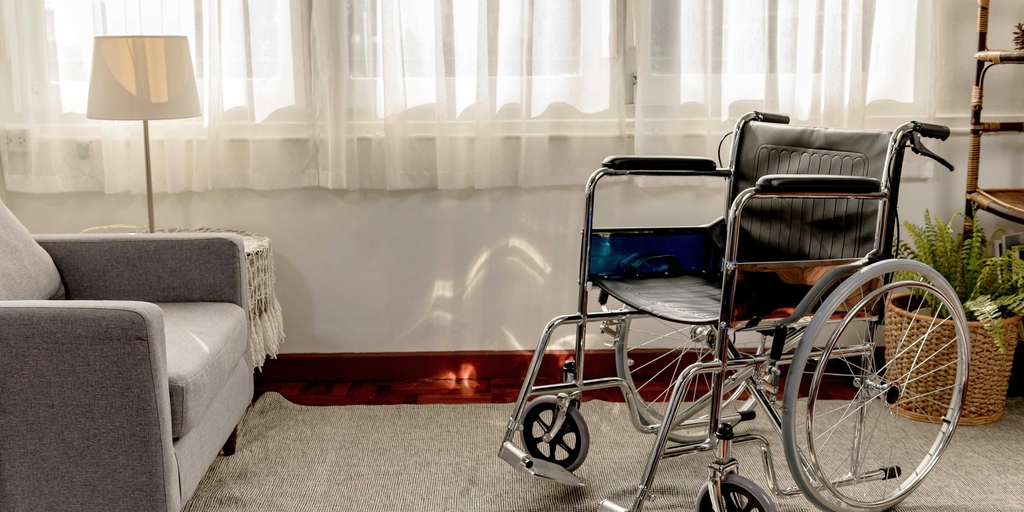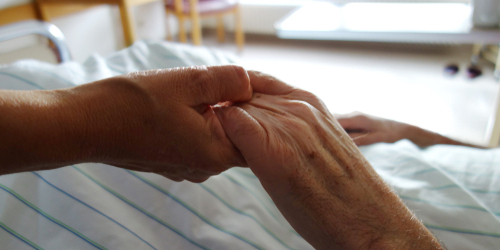Disturbing euthanasia figures from the Netherlands
Assisted Suicide
The latest figures from the Netherlands reveal the number of deaths owing to euthanasia has increased by 50 per cent in the last five years.
In 2015, the total number reached 5,561. While this was only up four per cent on last year, it still represents a rise and is significantly higher than when euthanasia was first legalised in 2002.
The number of people who have chosen euthanasia because of mental health problems has increased by a staggering 330 per cent in just four years. In 2011, 13 people suffering from mental health issues chose euthanasia. In 2015, that number had increased to 56.
The new figures also show the number of dementia patients being killed in 2015 was 109, up from 81 in 2014, an increase of 35 per cent.
This week, it was also revealed that a young lady in her 20s who was suffering from post-traumatic stress and other conditions as a result of childhood sexual abuse was given permission to choose euthanasia after doctors in the Netherlands decided there was no likelihood of recovery.
Christian MP Fiona Bruce, chair of the All Party Parliamentary Pro-life Group told the Mail: “This tragic situation shows why euthanasia should never be legalised in this country. What this woman needed, at a desperate point in her young life, was help and support to overcome her problems, not the option of euthanasia”.
In September 2015, MPs rejected assisted suicide by 330 votes to 118. It followed a four hour debate where numerous MPs spoke up for the need to care, rather than to kill.





Share story
Disturbing euthanasia figures from the Netherlands